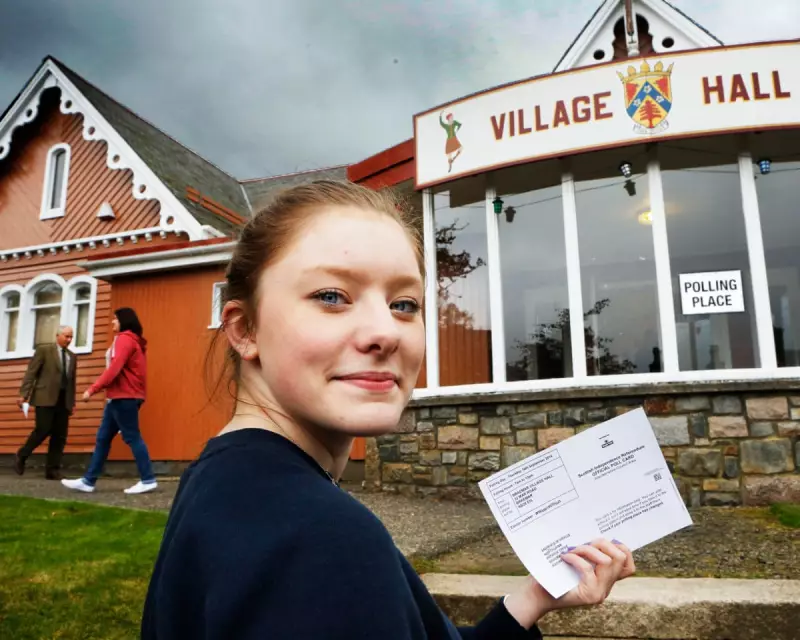
In a bold move to reinvigorate democracy, calls are growing louder to lower the UK’s voting age to 16. Proponents argue that empowering young people earlier could foster lifelong political engagement and ensure their voices are heard in critical decisions shaping their future.
The Case for Change
Young people today are more informed and politically active than ever before. From climate strikes to social justice movements, 16- and 17-year-olds have demonstrated their capacity to engage with complex issues. Denying them the vote risks alienating a generation already bearing the brunt of policies on education, housing, and the environment.
Learning from Success Stories
Scotland and Wales have already extended voting rights to 16-year-olds for local and devolved elections, with positive results. Turnout among this age group has been encouraging, debunking myths about youthful apathy. If these regions can make it work, why not Westminster?
Strengthening Democracy
Critics claim 16-year-olds lack the maturity to vote, yet they can work, pay taxes, and join the army. If society trusts them with these responsibilities, why not with a ballot? Lowering the voting age could also encourage schools to prioritise political education, creating a more informed electorate.
The UK’s democracy is at a crossroads. Embracing votes at 16 isn’t just about fairness—it’s an investment in the future of participatory politics.





